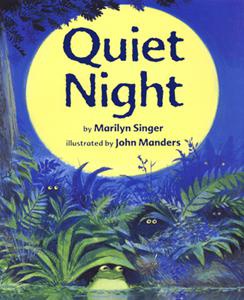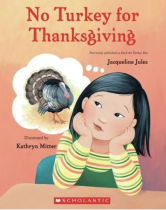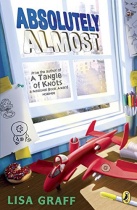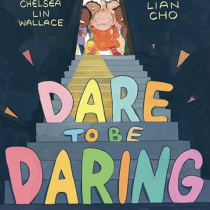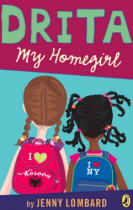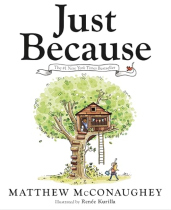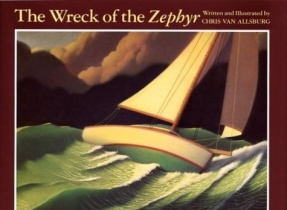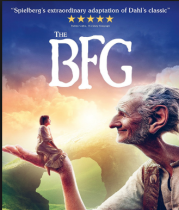Evaluation
I absolutely love the illustrations that are incorporated within this book. One the first page a frog’s mouth is stretched out wide as he begins his singing. Then two owls join in with their huge yellow eyes and they begin to “whoo-hoo” in the night. This book is quite different from other number books in that the child is not only noticing the different numbers of animals and counting in sequential order, but he is also being drawn in by the various noises the animals make. The geese honk-honk, the frog bar-rums, the owls whoo-hoo, the fish whap-slap, the cayotes rowl-howl, the raccoons churr-rurr, and ten campers yawn. The book ends with: “what a noisy night!” Many of the words rhyme which is also appropriate for younger readers.
The teacher may use this book as a model to create her own animal book. Perhaps the students want the animals to go to zoo. Together, the class could come up with different sounds that the animals might make. In addition, the teacher may decide to present this book using a felt board or storyboards to create a more animated version of this book. Recording this book as a class for students to take home would also be beneficial. Not only would students become familiar with the story, but they would be able to practice their reading fluency, rhyming and expression when reading a book.
